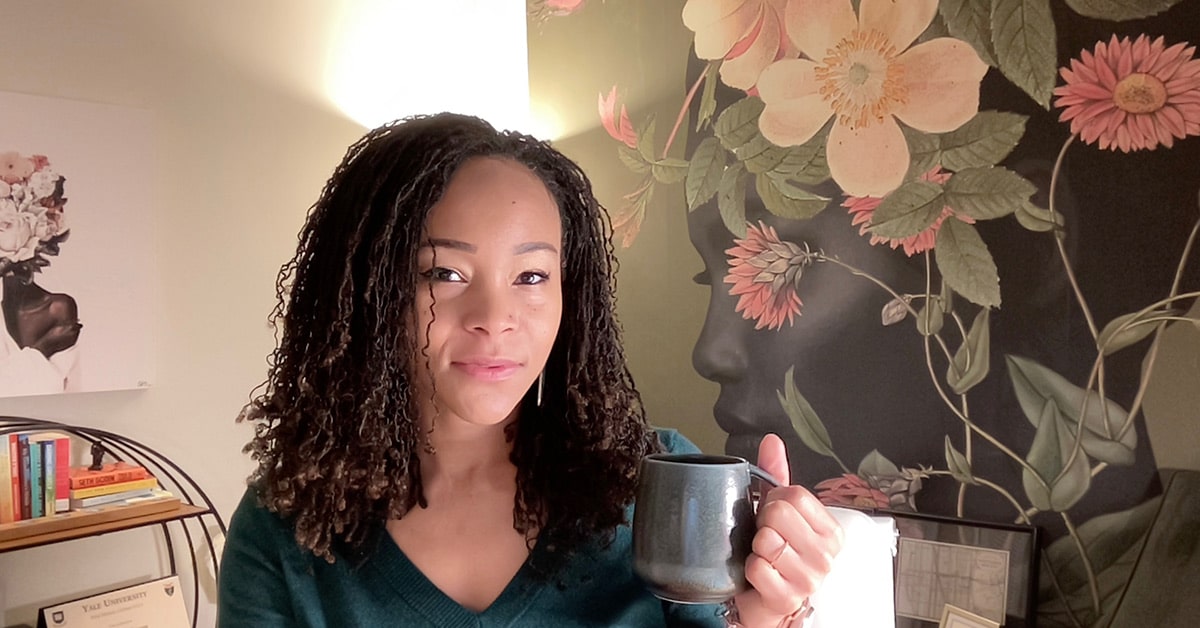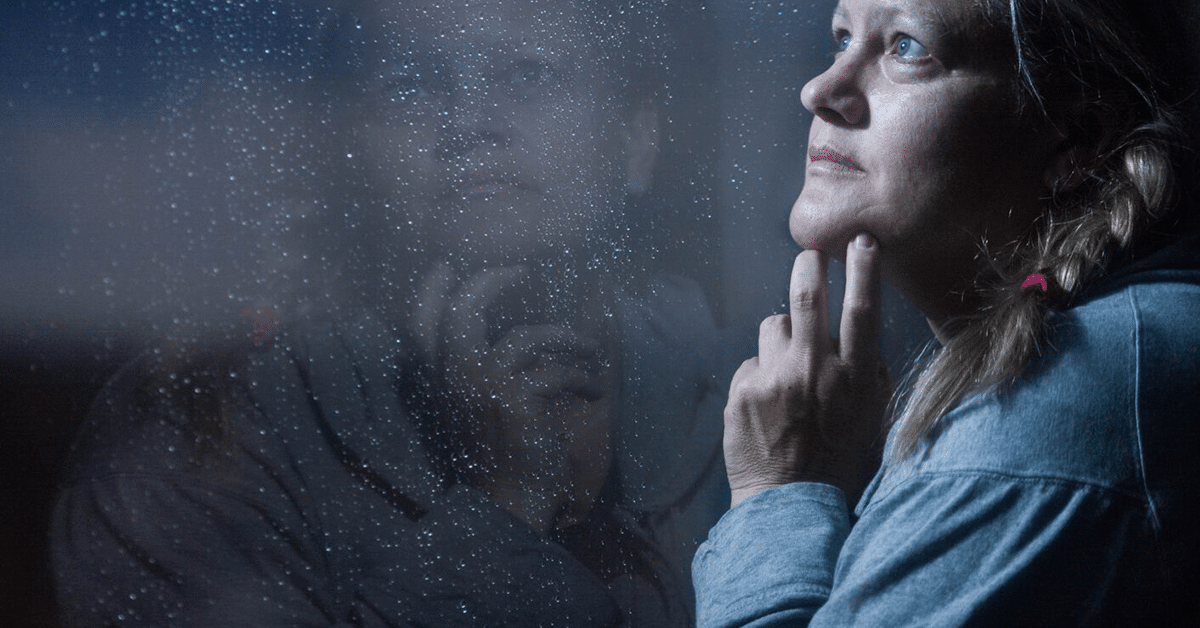Lately, I have been thinking about one of therapy’s dirty little secrets.
Therapy can be life changing, memorable and leave indelible marks on the lives of those it touches. Unfortunately, this can be true for all of the wrong reasons.
While therapy can be useful, healing and effective, it can also cause harm.
I know, that truth didn’t sit so well in my gut either the first time it sunk in.
But denying something does not make it any less true, as we all know.
Despite our best intentions, we can have the exact opposite impact in our client’s lives from what we were hoping for.
Here are some tips to minimize the risk that you are doing more harm than good.
1. Create a collaborative relationship with your client from the beginning.
2. Remember that the therapy relationship does not begin when a new client enters your office. Your first impression is your first contact (whether your website, profile on a therapist directory, pre-session consultation call, or intake paperwork). Present your best self.
3. Check in with your client about how things are going in the relationship and solicit feedback often.
4. When you receive feedback, take it into consideration and, if reasonable, make changes accordingly.
5. Check in with yourself about whose agenda you’re following. Thiers? Yours? A combination?
6. Check your biases, double check your biases and then check them again.
7. Be accountable. Own up to your mistakes, and try not to commit them again.
8. Listen to your clients attentively, compassionately and with full presence. But always remember that you are only receiving their perception of the world and of others. Be careful about deciding that you know the character of another person in their lives solely from the stories they tell you about them.
9. Take care of your own emotional needs. Therapy boundary violations can occur when we look to our clients to fill our personal needs.
10. Stay in your zone of competence and have a good referral list for directing clients who aren’t a good fit for you. No need to pretend that you have expertise that you really don’t. There is someone out there who has worked long and hard to serve the clients that you can’t and that’s a good thing. The opposite is also true that you have worked long and hard to serve whom you are equipped to serve.
Yes, our work changes lives. We are responsible for doing what we can to influence the direction of those changes. We have created the Radical Introspective Method to help therapists do less harm and more good.
Keep Reading
Want more? Here are some other blog posts you might be interested in.







